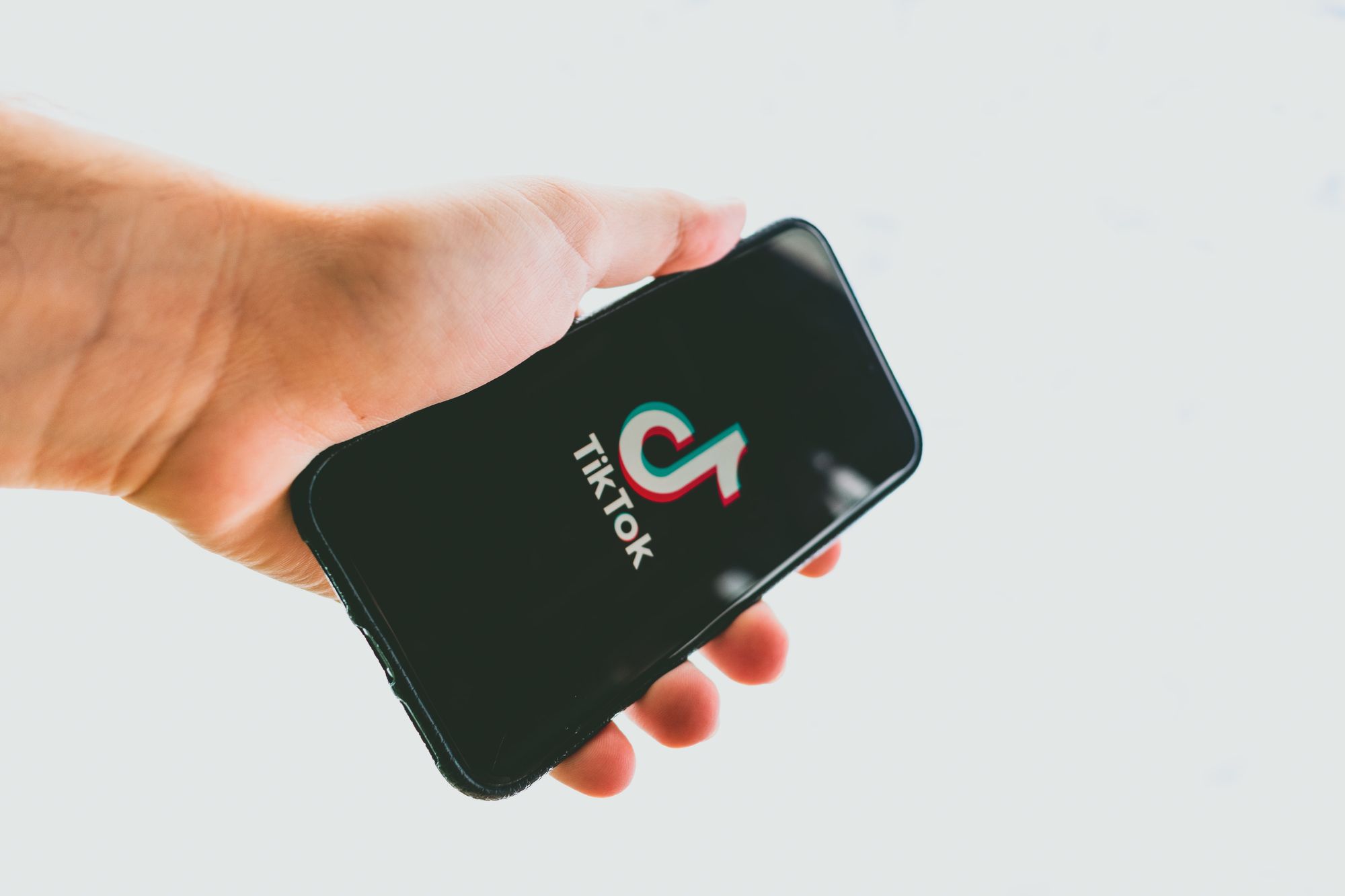By Joe Marshall, Opinion Subeditor
In 2019, it was found that British students spend 55 hours a week online – a figure that would likely have risen over lockdown. That’s about a third of our time providing data, accepting cookies and opening ourselves up to the internet and its forces. Shouldn’t we be more concerned by this?
Earlier this week I was chatting to my sister about this very finding around data privacy. She told me it sounded dull. Given that normal internet usage levels roughly doubled during lockdown, it’s likely that we’ve been giving away more data than ever over the last few months. Yet, if my sister reflects our generation’s thoughts on data privacy, we don’t seem to care.
My argument is not the idea espoused by ‘data fundamentalists’ that we should resist all attempts to provide any data and maintain maximum privacy. But the lack of thought we students in particular put into providing data is alarming. Young people stream, shop online and use social media and other internet services far more than older generations, giving away more of our data in the process.

In the modern world, it’s unavoidable to shop online, make transfers or enter our debit card details for whatever we deem necessary. As a typical student in lockdown, like many others, I did a variety of things that required my data: I re-subscribed to Netflix (don’t believe the critics, Kissing Booth 2 is a masterpiece), I shopped excessively on ASOS and other sites (in spite of my politics on consumerism), but the final coup de grâce lay in the orders from Deliveroo and Uber Eats…
My point is that we leave our financial data and information all over the internet. Data breaches affect millions, if not billions each year, but we don’t seem to care unless it affects us personally. The greater our digital footprint, the more susceptible we are to identity theft, among other risks.
Equally concerning is the amount of data we give to social media. Take TikTok, which I downloaded during lockdown (such is my shame in admitting this, I considered writing this article under a nom de plume). And I wasn’t the only one who gave in). Within hours of using the app, it fed content to me that it knew I’d enjoy on my ‘For You Page’.
If the algorithms are doing their job correctly, we tend to agree with the content we see, leading us into echo chambers that polarises the political climate
Without doubt, this function is convenient, but the idea that an algorithm can have my sense of humour – among other traits – identified so quickly, doesn’t sit well with me. Unfortunately, this is as benign as it gets when it comes to data and social media.
The political ramifications of giving away our data have been highlighted in the last few years. We see ourselves as individuals capable of wholly independent thought, and as such it doesn’t seem like a big deal for us to give our data to private organisations. We therefore underestimate their capacity to influence us.
We are targeted with content from particular political parties and groups based on what social media knows about us through the data we give them. And we’re not so bothered by this because, if the algorithms are doing their job correctly, we tend to agree with the content we see. This leads us into echo chambers, and in turn polarises the wider political climate.
Opinion | TikTok and Classism
The Happiness Pulse: a Bristol-based wellbeing tool to boost self-reflection
The 18-24 age bracket at the last general election, which most students would fall within, was relatively consistent in its support for parties aligned to the left. It’d be a stretch to put this solely down to targeted online advertising, but it is undoubtedly worth entertaining the idea that your outlook is guided by what you see on social media, and that what you see doesn’t randomly appear on your feed.
Any online company’s priority is to maximise its user numbers and activity. It will use our data to provide us with content it knows we will engage with, regardless of its quality. We should therefore be more careful with how much we give them.
This can be done through using private or incognito mode, blocking third-party cookies and ensuring we’re only accepting conditions that we need to in order to view sites.
We say we don’t trust social media or other online sites, but we continue to feed our data, our prejudices, and ultimately our identities into it. We should recognise the significance of the data we give to unknown actors, and the influence this can have on us.
Still, I’d like to think the cookies you’ve accepted to read this piece will in turn prompt a flurry of articles on the importance of data privacy onto your feed. Algorithms, work your magic…
Featured: Unsplash
Are you concerned with how much you share your data?








